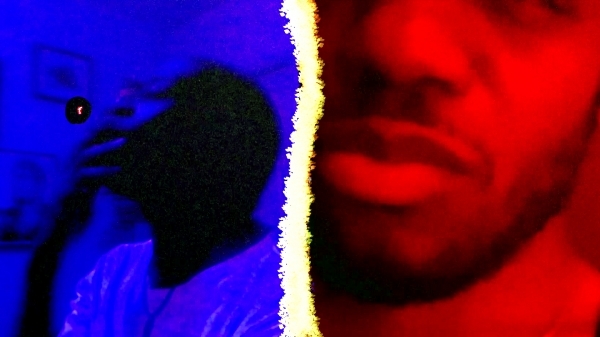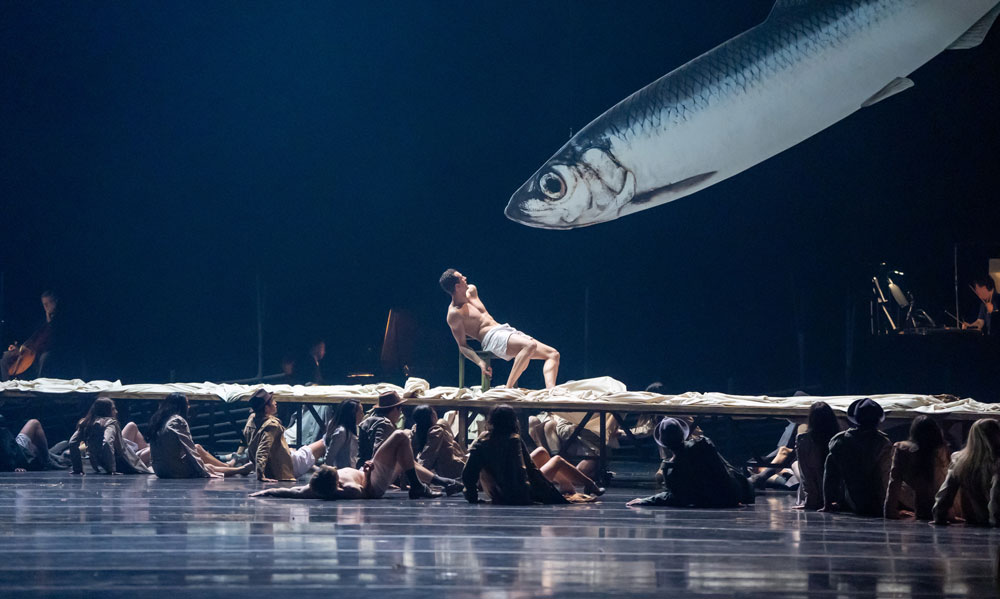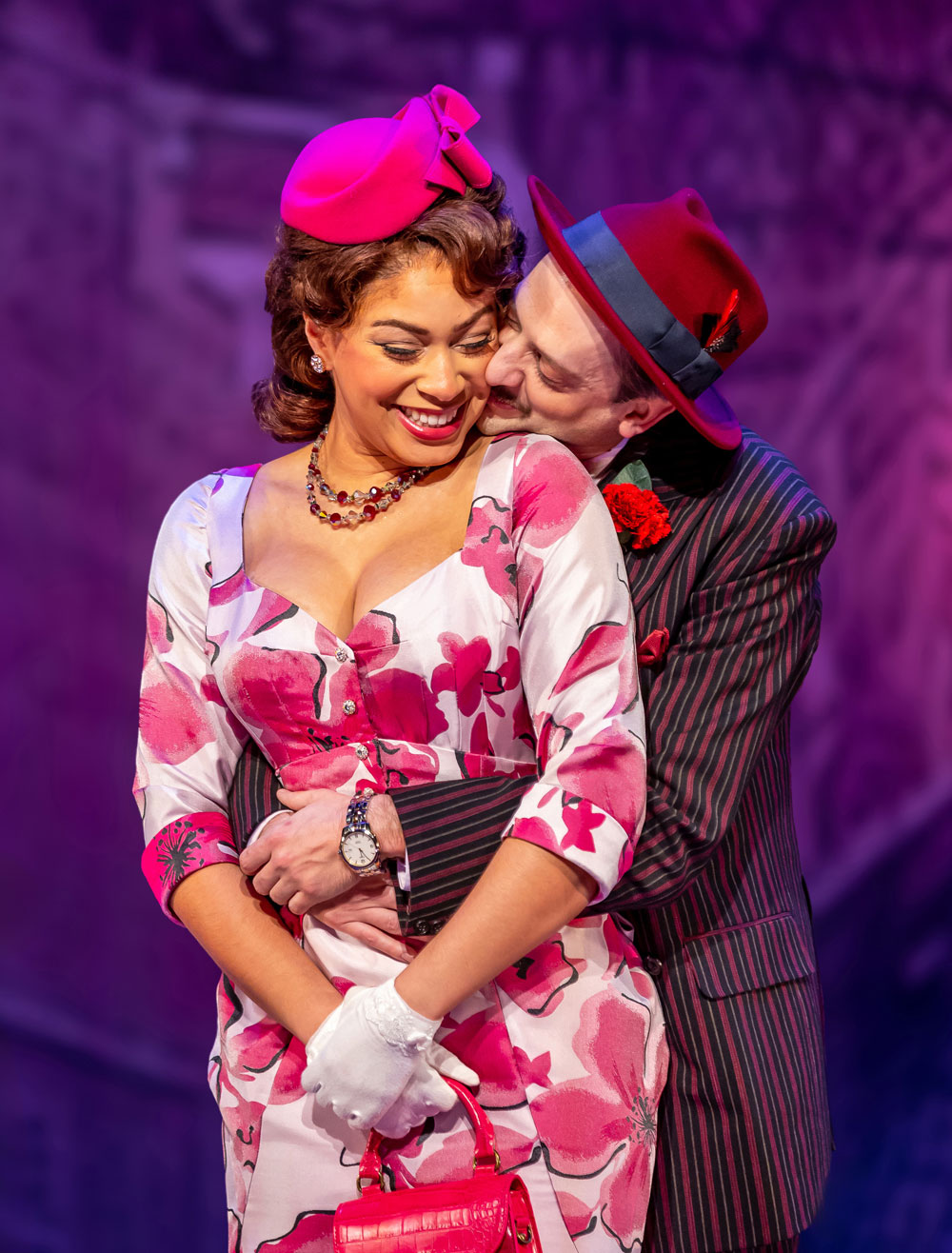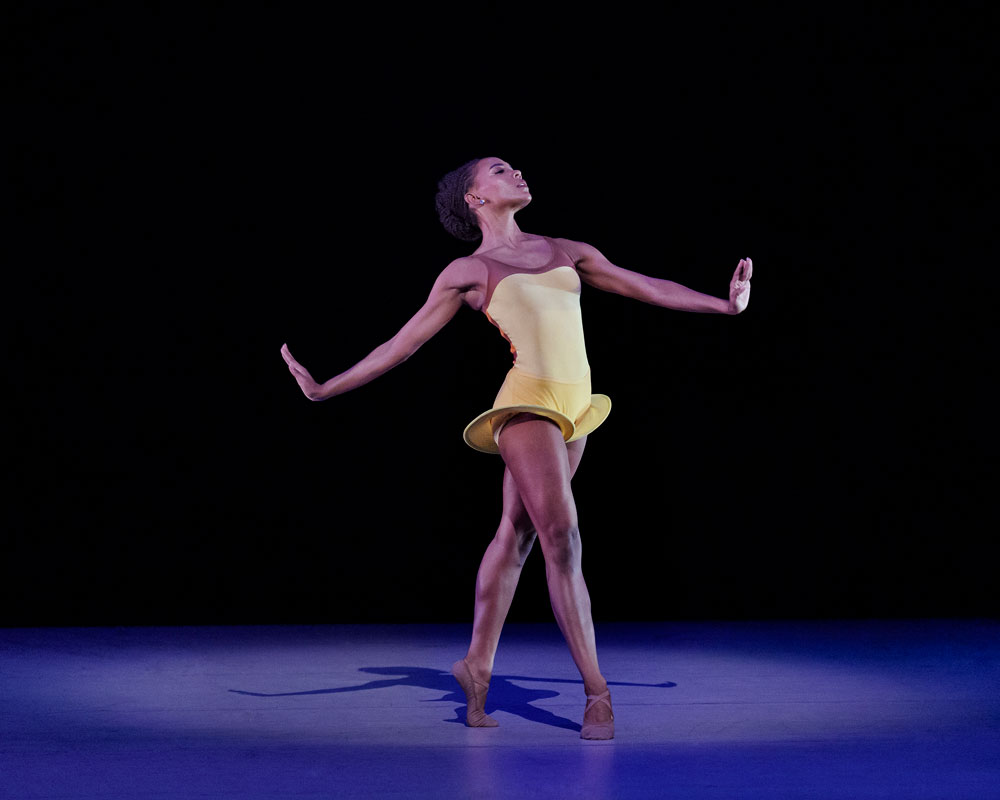
When you listen to two people talking, and their words reveal an intimacy that goes beyond the bond of a family member or friend, who they are becomes irrelevant. It doesn’t matter whether they’re old or young, rich or not rich, the same sex or of opposite sexes, the words don’t change. They’re the kind of words that disclose a deep personal knowledge of another person’s mind, heart and body. Differences only lie in the delivery and that’s where the uniqueness of Steppenwolf’s current virtual performance of James Ijames, What Is Left, Burns lives.
These days, the format of play’s staging is hardly unusual. We’re all accustomed to our zoomified reality that’s so comprehensive it even encompasses our entertainment options. In What Is Left, Burns, we’re the unseen third person in a two-way conversation between a retired college professor and a former student. Although the play is only 20 minutes long, it takes a while to realize that the relationship between them 15 years ago ran much deeper than a cordial academic association. And it explains why the beginning of their chat, the consequence of an exploratory email from Keith (K. Todd Freeman), seems oddly cautious. At least on Keith’s part. Ronnie, (Jon Michael Hill) is much more confident and curious about where this talk might be heading.
The getting there only seemed a little tedious considering the concept and set-up. Watching a split screen of two people avoiding discussing what they at one time meant to each other can become challenging without a strong injection of dramatic tension. Eventually they take the plunge into deeper waters and allow those feeling to surface in their exchange. That’s when the dynamics of their individual personalities lift the play to intriguing. Segues into technical wizardry also helped to break the static flatness of the production; giving the effort an interesting abstractness.

One of the play’s pleasures was watching Hill’s relaxed and confident performance as the former student/lover prospering as a recognized poet with a rising career. Nothing about him seems constrained, hesitant or self-conscious. He acts and sounds like a person in total control of how he responds to the world. That is until his senses his writing is being criticized by his mentor. Big changes have marked Freeman’s role as Keith, too. Divorce, estrangement from his son and retirement from his professorship help explain his slightly benevolent but off kilter resignation of where he is in his life. With their caring regard for how their words are received on the other end of the connection, both are unusually ingratiating in the way they assess themselves and each other.
In a cosmopolitan city, the kind relationship Keith and Ronnie shared is commonplace. But you rarely see it or hear it expressed. And even though the racial subtext should be immaterial, the nuances of expression in their speech make the cultural component important. It adds a dimension and a texture that define the tone of What is Left, Burns; helping it become more vivid and rooted.
What is Left, Burns
Steppenwolf Now
Through Dec 15, 2020
steppenwolf.org


